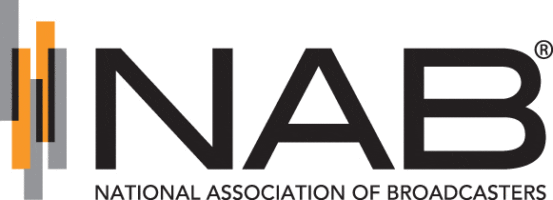Broadcasters intend to keep paying their fair share of annual FCC regulatory fees — but they want other communications sectors, like broadband providers, to shoulder their rightful portion of the burden as well. The National Association of Broadcasters (NAB) on Friday told the agency it should overhaul the regulatory fee formula and add a category for broadband providers — or exempt broadcasters from paying for broadband costs. If the FCC does overhaul the regulatory fee formula, that could impact the telecom industry as well.
“The current regulatory fee system is unfair and unsustainable in part because broadcasters subsidize the costs to the Commission of supporting deep-pocketed technology companies’ business models through proceedings which reduce the ability of licensed broadcasters to serve viewers and listeners,” NAB told the Commission. The broadcast lobby said the FCC’s Notice of Proposed Rulemaking on the subject is “a welcome step” in determining how “Big Tech” companies like Facebook, Microsoft, Apple and Google might pay their fair share of the Commission’s activities.
One of NAB’s complaints is that broadcast fees go towards the FCC’s broadband mapping activities, from which broadcasters get no benefits. It suggests the agency revamp its regulatory fee structure to “more fairly, accurately, and lawfully reflect the work performed by the Commission and the benefits received by various industries as a result of the Commission’s activities and complies with the law.”
“Big Tech” takes up a lot of agency time, something “the Commission cannot lawfully turn a blind eye to,” the broadcast lobby notes. These companies “take up significant Commission resources under the banner of “unlicensed spectrum,” yet pay no associated regulatory fees as a result,” says the broadcast association.
“For example, over the last few years Big Tech helped lead a massive and expensive push to use 6 GHz spectrum for their benefit (and to the detriment of many licensed operators, including broadcasters). Big Tech companies drained significant Commission resources, and yet remarkably, broadcasters and others footed the bill,” says NAB.
NAB emphasizes: “While there may be good policy reasons for not imposing fees on every small appliance and other home good equipment manufacturer whose devices make use of unlicensed spectrum at this time, it makes little sense to delay imposing regulatory fees on Big Tech companies that actively participate in Commission proceedings, benefit economically from the Commission’s activities (often at the expense of other regulates), and actively compete with broadcasters and other regulatory fee payers for advertising revenues.”
NAB believes there are several ways the agency could add another fee category to include large technology companies. Costs could be allocated to this fee category based on the percentage of Full Time Equivalent (FTE, the FCC’s word for full-time employees) time spent in the Office of Engineering and Technology, the Enforcement Bureau and other bureaus and offices working on unlicensed spectrum issues. The Commission could also require these entities be responsible for a portion of the costs the agency incurs in promoting its 100 percent broadband policy, including efforts in support of its Universal Service Fund activities, suggests the association.
By Leslie Stimson, Inside Towers Washington Bureau Chief





Reader Interactions